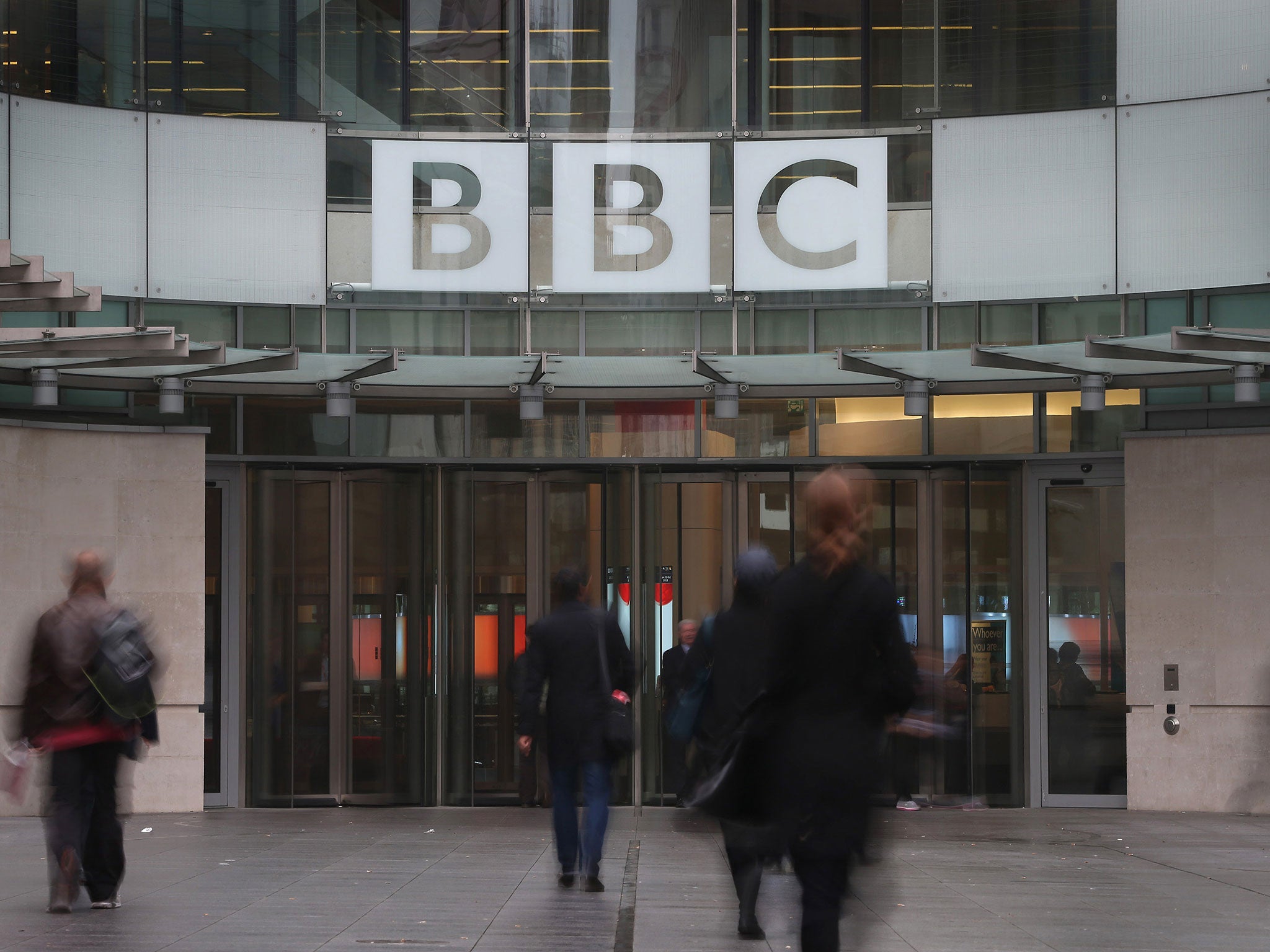BBC to axe more than 1,000 jobs in drive to cut spending by £1.5 billion a year
The broadcaster said it was forced to make the sweeping changes because of falling revenue from the licence fee as people move away from live TV

The BBC is to cut more than 1,000 jobs while trying to reduce spending by £1.5 billion a year by 2017.
The national broadcaster has blamed the need for “savings” on the seven-year freeze on licence fee costs, which came as more viewers shift to free catch-up services on iPlayer and their phones.
A statement today hinted that it would pressure the Government for the charge to be "modernised" to extend to digital services.
Director-General Tony Hall claimed the changes would make the BBC a “simpler, leaner” organisation and were the “right thing to do”.
“We've already significantly cut the costs of running the BBC, but in times of very tough choices we need to focus on what really matters - delivering outstanding programmes and content for all our audiences,” he added.
A spokesperson said much of the cuts had been made by reducing administration and property costs, reviewing staff numbers and pay, and putting on frequently complained-about daytime repeats, along with sharing the expensive rights to sporting events.
Jobs selected from the axe are believed to be mainly in professional and support services amid moves to prevent on the duplication of roles.
“Despite the progress already made, and the realities of the licence fee being frozen for seven years, a new financial challenge means additional savings must now be found,” a BBC statement said.
“The licence fee income in 2016/17 is now forecast to be £150 million less than it was expected to be in 2011.
“This is because as more people use iPlayer, mobiles and online catch-up, the number of households owning televisions is falling. It also provides further evidence of the need for the licence fee to be modernised to cover digital services."
The licence fee, costing £145.50 a year for a standard colour television, is needed for watching or recording live television on any device.
It has been frozen at its 2010 level of £145.50 until 31 March 2017, three months after the current BBC Charter period ends.
The job losses were announced today alongside the results of an independent study by accountancy firm PwC that found the BBC’s overheads account for eight per cent of its overall costs and will fall by one point with the changes – below the public sector and regulated industry averages.
Other changes at the BBC have seen it merge departments, remove management layers and try to streamline processes.
Technology teams in its digital, engineering and worldwide divisions are being merged and a cap of seven layers of management, compared to the 10 now seen in parts of the broadcaster, is being imposed.
BBC iPlayer's most popular shows in 2014
Show all 20It is also looking at how its huge marketing and communications department, finance, HR, IT support and legal department can be “simplified”.
Final decisions on where the cuts are to be made are expected in early autumn.
The National Union of Journalists (NUJ) said it had pressured for a restructure that puts journalism and programming ahead of "fleshy layers of management" that survived previous rounds of savings.
General secretary Michelle Stanistreet said the Delivering Quality First had so far made staff feel like "it's one BBC for them, and a very different BBC for those running the corporation".
"A hard look at how to best deploy resources on the services that really matter and make sure the BBC’s structures are efficient and fit for purpose is overdue," she added.
"News of the significant budget deficit should be a wake-up call for all those who care about public service broadcasting in the UK.
"The looming negotiations on charter renewal will be a critical juncture for the BBC - without a new deal that modernises the licence fee and provides for a real-terms increase the BBC as we know it, a world-respected broadcaster and a key driver of the entire British creative industry, will be unable to function."
The NUJ has launched a campaign called Love It or Lose It to protect the BBC and its public service programming.
Gerry Morrissey, general secretary of the broadcasting workers' union Bectu noted that the cuts would only achieve a third of the savings the BBC wants to achieve.
“We support the idea of standardisation and simplification, but we will have to study the details of the announcement,” he told the Press Association.
“We want to make sure that anyone affected by this is genuinely redeployed.”
The cuts come after the government announced plans to decriminalise non payment of the fee last year and is set to debate the BBC's future ahead of negotiations over the renewal of its Royal Charter next year.
Subscribe to Independent Premium to bookmark this article
Want to bookmark your favourite articles and stories to read or reference later? Start your Independent Premium subscription today.

Join our commenting forum
Join thought-provoking conversations, follow other Independent readers and see their replies